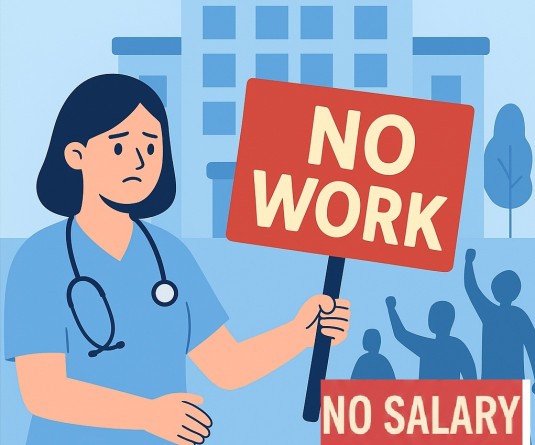
Morung Express News
Dimapur | October 24
Peace, justice and strong institutions, of ‘Agenda 16’, is the “fulcrum” of the United Nations’ Sustainable Development Goals (SDGs) 2030. It is both the means and the end in achieving a sustainable future.
This focus on SDGs was brought by Dr. Aküm Longchari, Editor of The Morung Express, while giving the keynote speech at the closing session of the North East India International Model United Nations (NEIMUN) at Don Bosco Institute here today. The NEIMUN annual conference was held from October 22 to 24.
Justice, said Dr. Longchari to the team of visiting delegates, is “persuading us to liberate the self, to confront the structures of domination using a multi-cultural approach with a bottom-up pedagogy in the context of right relationships, shared respect and shared responsibilities.”
A core part of this would include a consistent stream of dialogues with neighbors and unpacking “structures of violence.”
“It is about enabling a dialogue of civilizations and consciously creating an international system that upholds the relational web of interdependence. It is by inter-weaving these many different strands that the values of humanization are expressed,” he maintained.
In order to achieve this weave, it is of primary importance to have “collective will” that is generated through “prophetic imagination” in order to move towards the common good of a “shared humanity” or even the SDGs 2030. He urged the young participants to imagine transformation in a way that goes beyond UN mechanisms and arrives at the root of issues, thereby transcending status quo based on the principles of justice.
Education strategy should change
The requirements of society have changed over time, and so has education to keep up with the times. There is an enormous change in how knowledge is viewed and used. Thus, education now needs to focus on imparting “key life skills”—such as those being taught at such conferences as NEIMUN—to gear young people up to face new challenges.
Sashila Imchen, Director of Maple Tree School, expounded on this while speaking as the other keynote speaker at the closing session of NEIMUN 2016.
“Education plays a key role in contributing to sustainable development,” she noted. To this effect, she informed that the Indian Union has several policies and programs in the education sector that seek to achieve education for all.
However, challenges persist in their implementation and education continues to face challenges, particularly in states like Nagaland.
She called for the education sector to develop competencies that bridge the inequality in access to education, student learning at school, teacher quality and performance, increase the use of information and communication technology, and improve overall quality by making sure progressive learning packages are actually implemented all the way to the grassroots.
Imchen asserted that “schools need to work together” in order to inject young people into society who can contribute towards positive action and have a sense of civic, social and political responsibility.
The closing plenary also saw the three committees on Disarmament & International Security: Illicit Trafficking of Small Arms, Economic & Financial Committee: Access to Primary & Secondary Education, and Social, Humanitarian & Cultural Committee: Equal Representation of Women, present their resolutions that they made over the course of the three day conference. The program ended with a ‘United Nations Day Celebration.’






